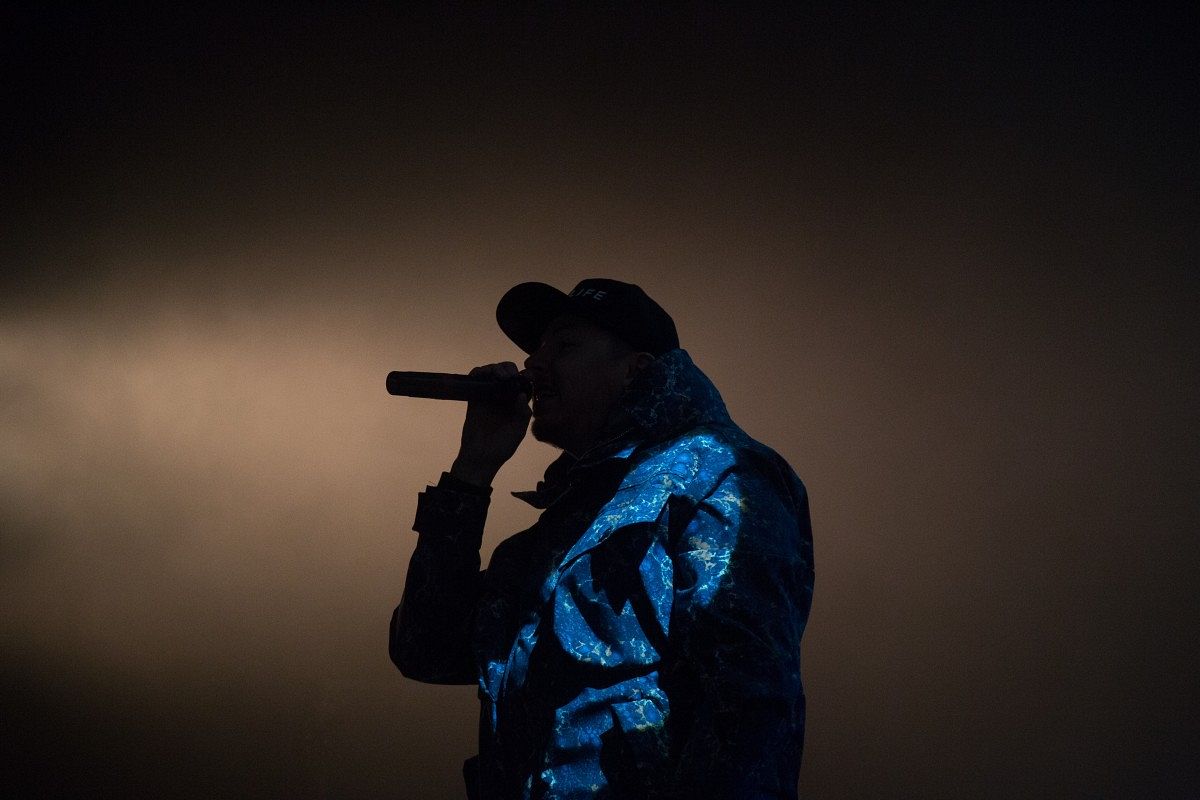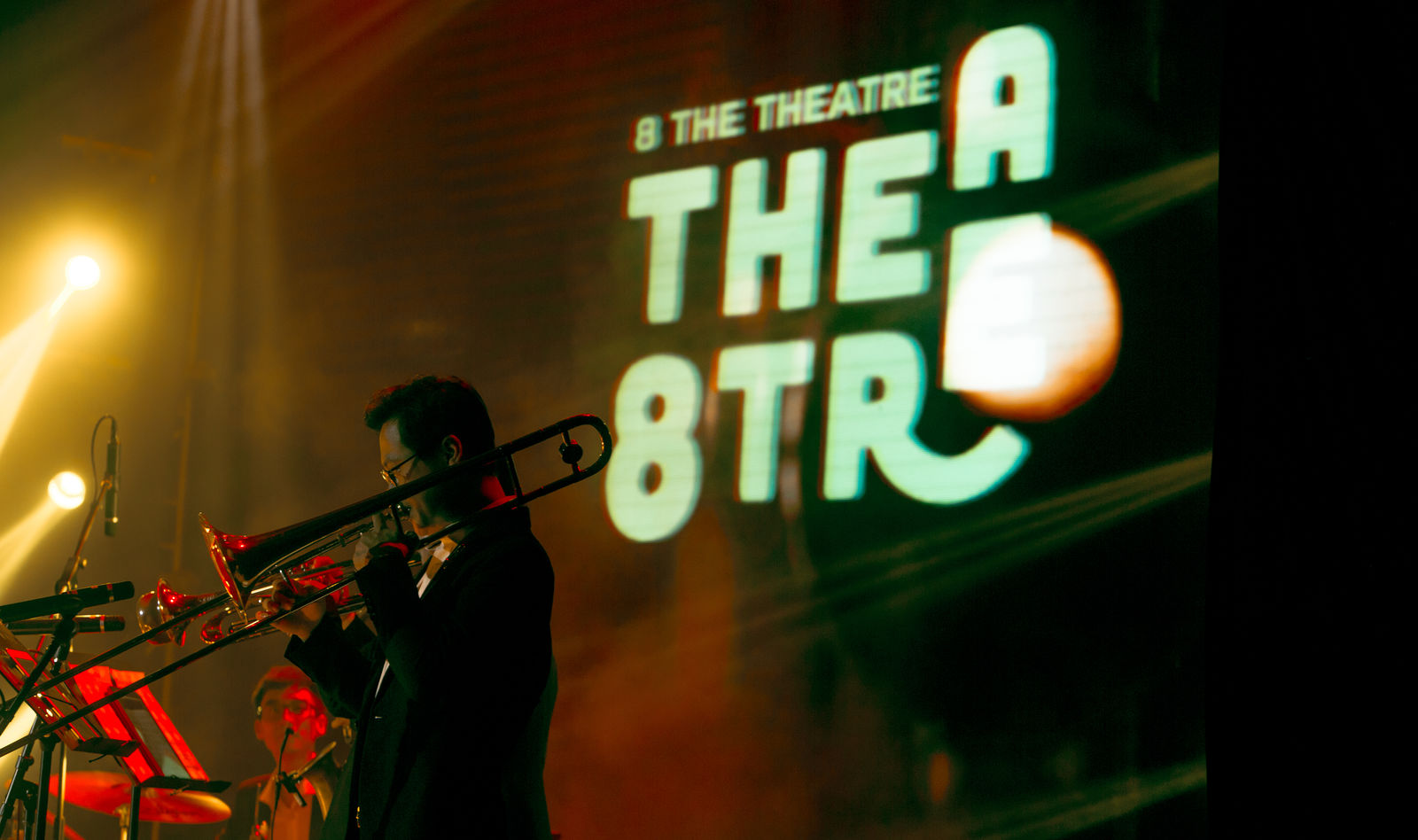A new decree removes the ban on singers using pre-recorded audio tracks during live performances.
Decree 144, which will go into effect early next year, no longer mentions lip-syncing as an illegal offense subject to fines, as previous decrees did.
The initial ban came into effect after several high-profile incidents of performers obviously relying on backing tracks. At the end of 2019, an organizing committee in Quang Ninh Province had to pay a fine of VND9 million (US$387) after Bích Phương was discovered using pre-recorded vocal tracks.
While a common global practice, the use of pre-recorded vocal and instrumental tracks has garnered scorn from fans and musicians alike in Vietnam. Singer Hạ Linh explains: "We need to fight against lip-syncing. If it is legalized, it means that we are taking the side of unprofessionalism. A live performance should be done with honesty and good ethics. Art performers who are ready to cheat the audience do not deserve to stay in the center of the public’s eyes."
Mỹ Tâm concurs with the need for artists to sing naturally: “I think that singing is joy and a chance to sing is a chance for us to practice. I don’t understand why there are singers that don’t want to use and improve their voice.”
According to insiders, lip-syncing has continued despite the ban, but performers have done so clandestinely. There are concerns that when the ban is lifted, performers will be more blatant about it, to the detriment of fans. Others contend that lip-syncing is acceptable in some situations, such as when a dance routine is involved or during a televised show that requires uninterrupted sound quality.
Officials are quick to note that while lip-syncing may no longer be illegal, they are not encouraging it. The head of the Recording Management Division of the Department of Performing Arts, Nguyễn Thu Đông, likened attempting to trick an audience by lip-syncing to “a mother putting acid in her child’s eyes." He added: "First and foremost, artists have to have work ethically, respect their fans and the audience and be responsible for their own image and credibility. The audience of course will not tolerate an artist who hides his or her talent on the stage."
Top photo via pxhere]














